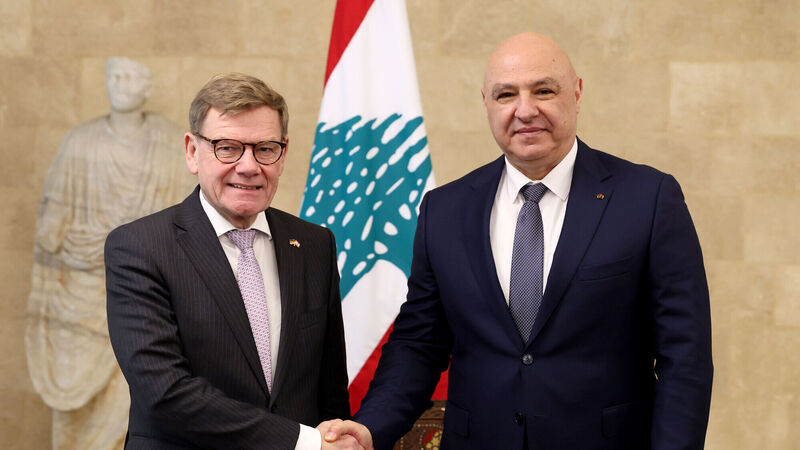Lebanon’s president calls for mutual talks to end continued Israeli strikes

Lebanon’s President Joseph Aoun said that any negotiations with Israel to halt its ongoing strikes on southern Lebanon — which have continued despite a nearly year-old US-brokered ceasefire — must be mutual.
Mr Aoun made the remarks following talks with German Foreign Minister Johann Wadephul, who was on a four-day Middle East tour and visited Beirut on his first official trip since taking office.











